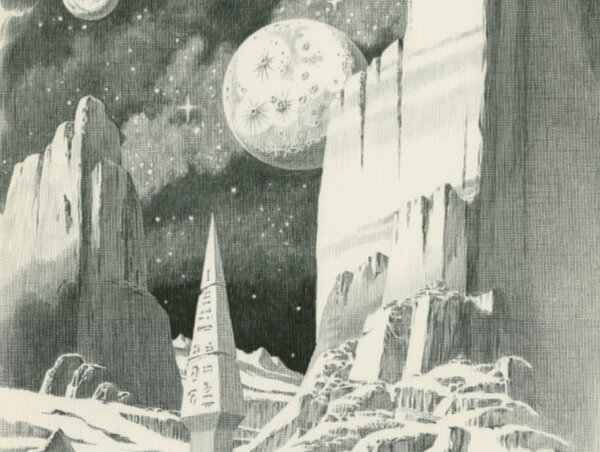Announcing Pistol Shrimp Games
Little, weird, and dangerous: the pistol shrimp.
We’re excited to announce the extremely official formation of our studio, Pistol Shrimp™ Games. Those of you already interacting with us on our other platforms might already know who we are, but did you also know we were secretly becoming something else all along, too? Like the butterfly emerging from its previous flightless form, we now coalesce ourselves from the briny sea of game development intangibility into a single, charismatic crustacean.
What does this actually mean for Ur-Quan Masters 2 and its development? As far as designing the game, the live streams, and our general communication with everyone, nothing is really changing. However, by establishing ourselves as a real developer—with a real website, named after a real animal!—we hope to open up important opportunities which will help see our game to completion. Most important and near on the horizon is being able to help fund our project, which deserves its own post (or series of them) discussing our approach in detail.
For the fans who have followed along already here on our blog, our subreddit, or even watched our Twitch streams, we appreciate that you were interested in us just because you knew about the creators or the project. For everyone else, we hope this site will help you to get to know us and what we’re doing with UQM2.
At the very least, everyone reading this now knows that there is really such a thing as a pistol shrimp.
Visit us at pistolshrimpgames.com.






